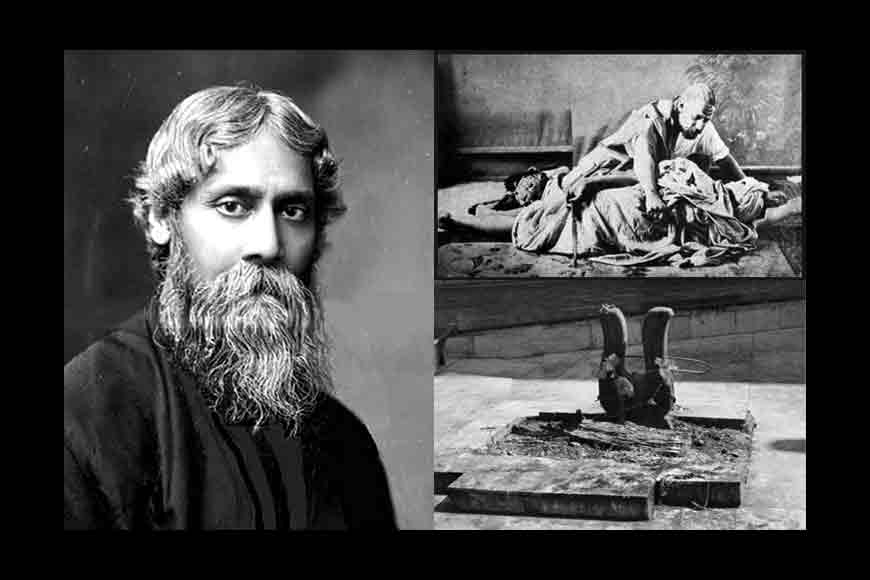How Rabindranath Tagore protested Qurbani or animal sacrifice!

Sacrifice! A word that has many meanings. From sacrificing lives of animals and even humans once upon a time to appease Gods to sacrificing one’s self for the upliftment of the soul. Various world literature has also come up with these stories from time to time. Remember Rabindranath Tagore’s Bisarjan? The play that highlights the story of the King who is moved by the pleas of a peasant girl and bans the ritual of animal sacrifice. The Maharaja of Tripura, Govindamanikya, stops the ritual sacrifice of animals to Goddess Kali and what follows is rebellion and resistance from his own subjects.
In Tagore’s play, the High Priest, Raghupati, denounces the king’s decision and conspires with his Brahmins and other members of the court, including officers of the military, to engineer a coup. He has on his side Gunavati, the Queen, who believes the sacrifice will give her the child she has long awaited. In the famous dialogue where the King is asked by his general: “That which has the sanction of ages, do you have the right to remove it?” King Govindamanikya responds to this by saying: “It is not the Brahmin’s right to violate the eternal good…It is within the rights of the King and the peasant alike to maintain truth and righteousness.”
Torn between these sides is Jaising, the Priest’s son, who befriends the poor girl and strives to understand the capricious nature of the Goddess he worships. In defiance of father and State, Tagore’s drama favors the mercy of the King and explicitly attacks the cruelty and superstition of the old religion. Jaising turns against his father and embraces the human love. The Goddess Kali is repeatedly referred to as a block of stone, a burden.
The highly symbolic ending is suggestive of Tagore’s view of the divine in relationship between beings. “You are my Goddess,” Jaising says to the girl. You bring to me your sacrifice every moment, as a mother does to her child.” No wonder today being another day of Qurbani we remember Tagore’s dialogues all the more.









